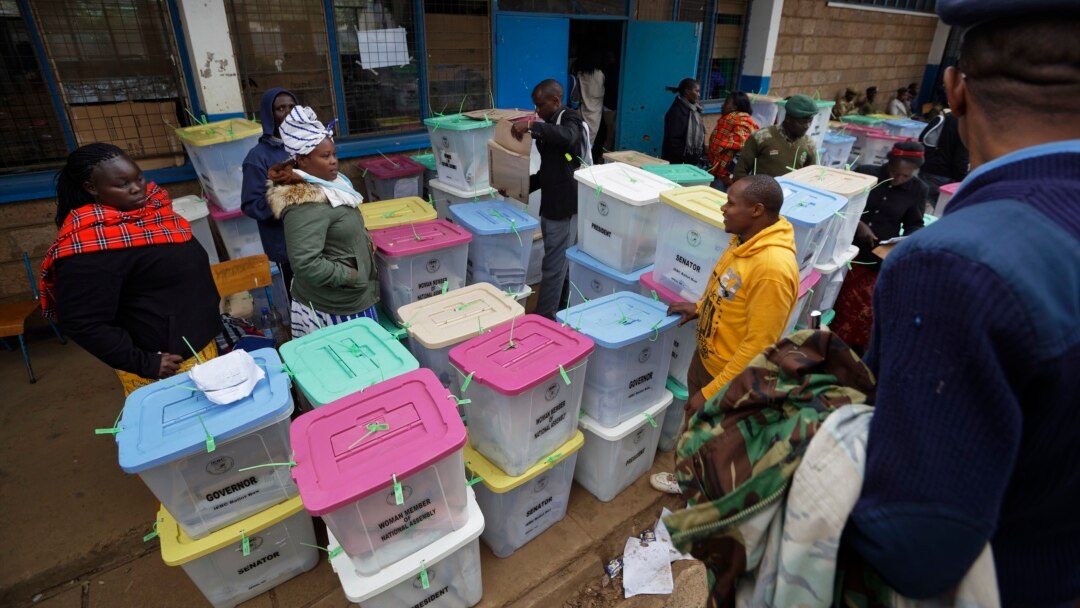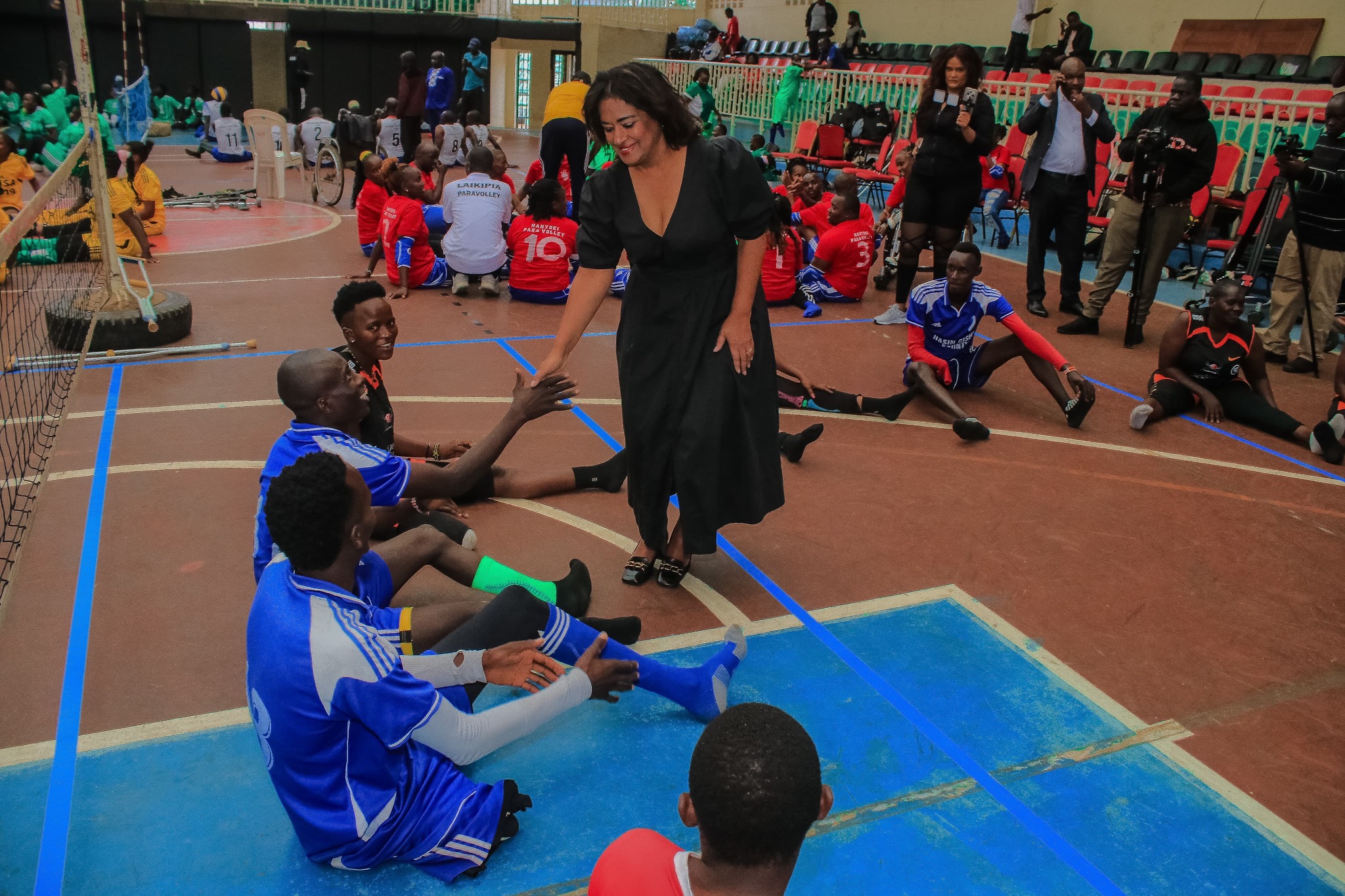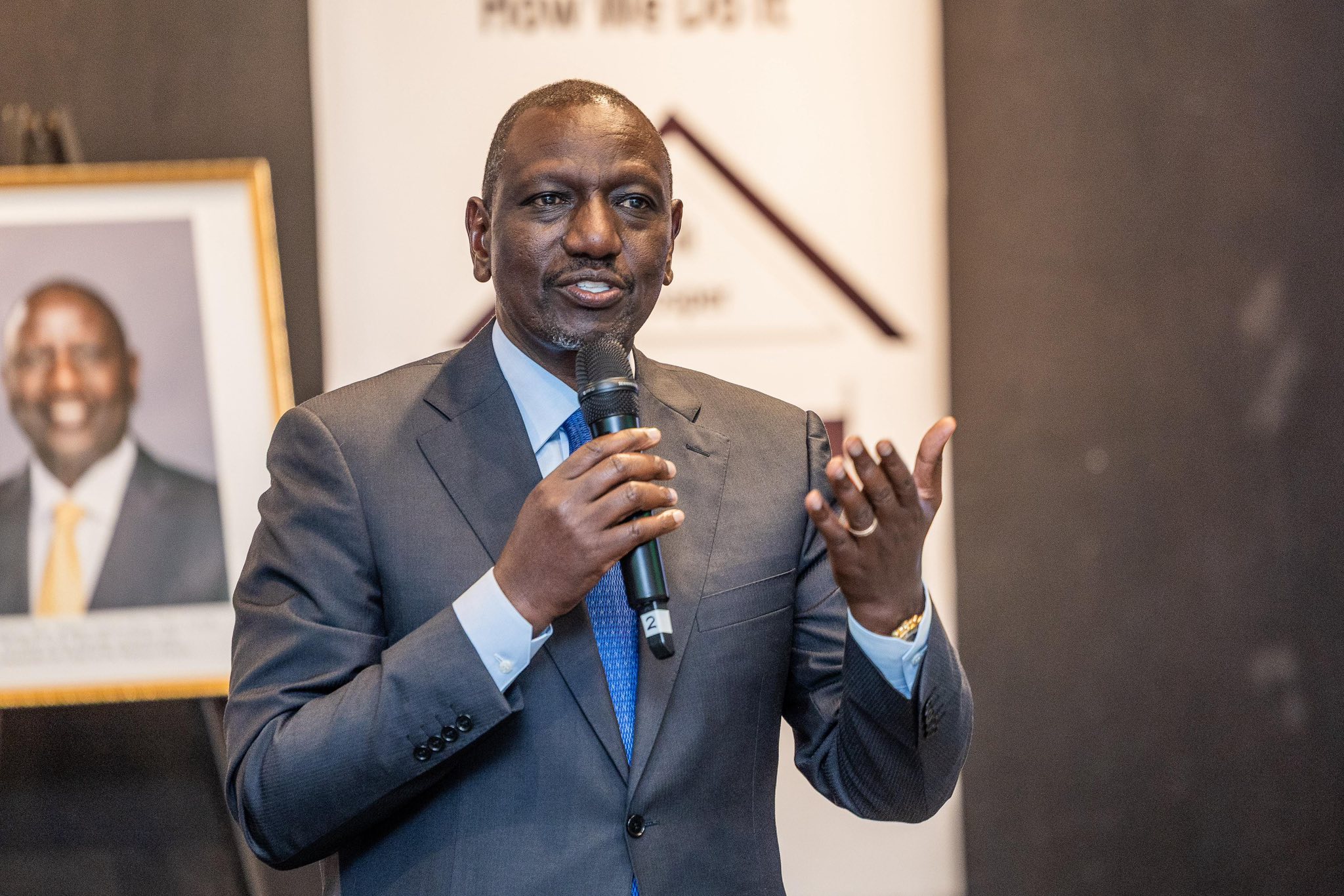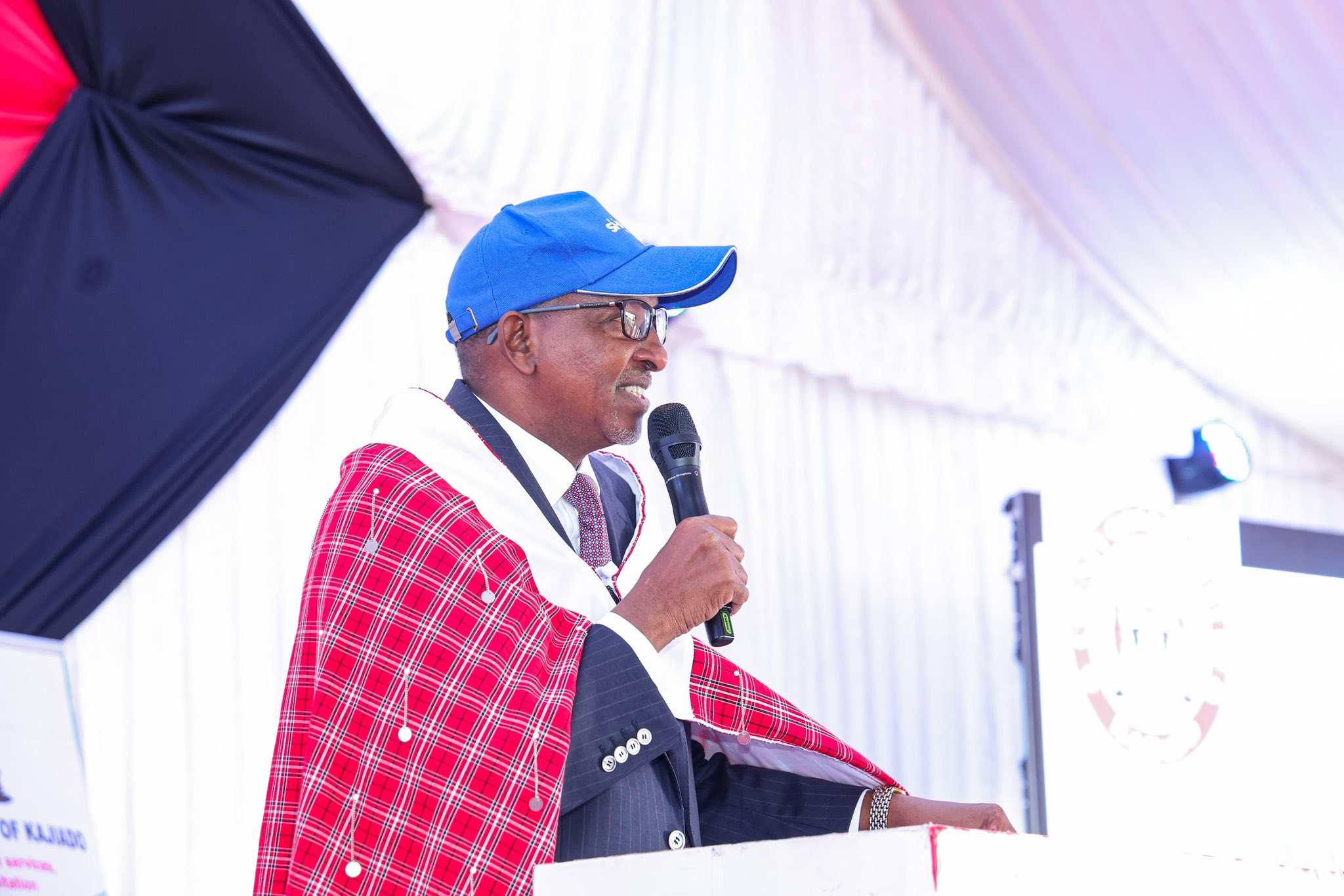Barriers To Participation Of PWDs In 2022 General Elections

A rapid assessment report by Endorois Indigenous Women Network (EIWEN) in partnership with Minority Rights Group International (MRG) on the participation of PWDs in the 2022 general elections indicates that participation of PWDs in the electoral process remains low.
The survey was part of the project dubbed, ‘Monitoring the extent of inclusion of PWDs from marginalized ethnic minorities into Kenya’s leadership and political Space’.
The overall objective of the project was to monitor the extent of involvement and inclusion of PWDs from Marginalized ethnic minorities in Kenya in Leadership and Political spaces.
The project was conducted in three marginalized & Indigenous Ethnic counties – Baringo, Nakuru and
Narok.
According to the report, across the target counties, not a single PWD was elected to office for any of the five positions contested at the ward, constituency, and county levels.
Further, the report revealed that only 6 PWDs were registered as candidates in the general election in 2022 as the majority of PWDs who aspired for elective positions were eliminated at the level of party nominations.
Pertaining to voter registration, only 0.65% of registered voters in the 2022 general election were persons with disabilities.
This was attributed to low access to information among PWDs, weak internal democracy in political parties, non-consideration of the uniqueness of PWDs by IEBC, financing challenges, stigmatization, propaganda, and violence are among the key barriers to the participation of PWDs in the 2022 elections.
The report suggests that persons with disabilities can be supported in the electoral process by carrying out open election processes, monitoring progressiveness in political parties, giving PWDs the opportunity to vie on independent tickets, and advocating for PWD inclusion by CSOs.
The report thus recommends sustained civic and political education targeting PWDs and the general public. IEBC should create mechanisms to facilitate PWDs in critical electoral processes such as voter registration and elections.
It should also make voter registration centers and polling stations PWD-friendly and progressively consider having sign language interpreters and ballot papers printed in braille among other unique needs for PWDs.
SOURCE: EIWEN REPORT
Tags: Iebc 2022 General Election Pwd'S Eiwen Mrg Editor's Pick


